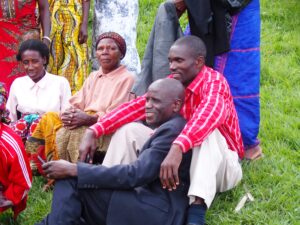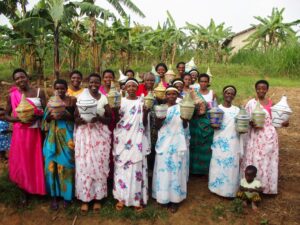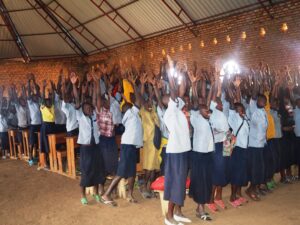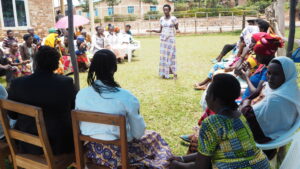
It is recommendable for the achievement of effective and rapid reintegration that reconciliation between genocide perpetrators and their families and communities already starts in prison. Usually prisoners have limited opportunity to interact with the people they offended. In so far as this interaction is possible, psychological distress resulting from the crimes committed and the life in prison constrain prisoners from engaging themselves in reconciliation processes. Feelings of worthlessness and guilt, suicide attempts, insomnia, depression, a distorted self-image and trauma are severely affecting their lives. As a result, they are mostly focused on their own suffering and tend to overlook that of others. If left unaddressed, this impoverished psychosocial well-being is likely to hamper processes of social reintegration and reconciliation upon their release. In time this might fuel future conflicts and violence at family and community level. Therefore, the reintegration process that former prisoners go through in their family and community is on of the key themes that CBS Rwanda focuses on.




